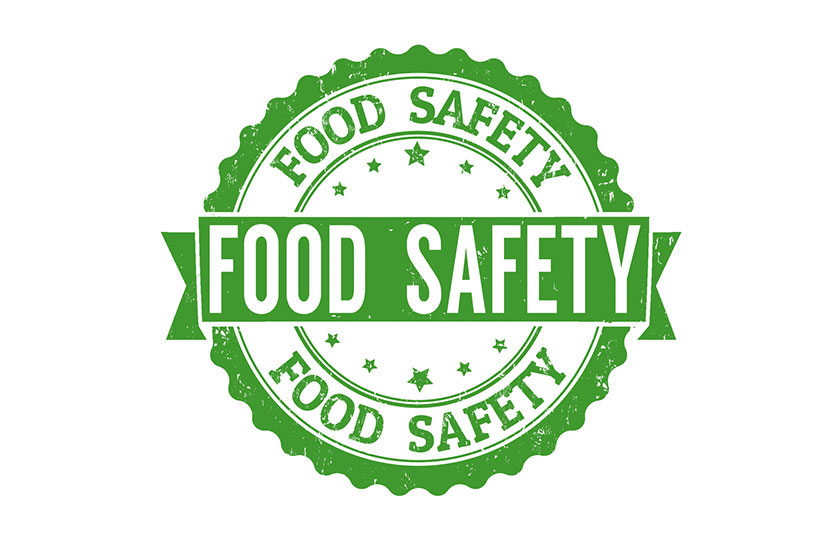As the number of older adults living in assisted living grows, these individuals must be provided with safe and nutritious meals. Food safety standards are essential to any senior assisted living in Elkton, FL, as they ensure that all meals are served to meet the highest quality and sanitation standards. These standards protect the health and well-being of residents and provide peace of mind to both the team and families.
The Importance of Adhering to Food Safety Standards
Adhering to food safety standards is essential for protecting consumers from the dangers of consuming contaminated food products. When businesses fail to adhere to these standards, it can result in serious illnesses and even death for those that unknowingly consume unsafe food.
As such, manufacturers and retailers need to take the necessary steps to ensure their food products are safe for consumption. Food safety standards exist on a local and global scale, with various regulations by governments to protect public health.
On a local level, this involves adhering to laws regarding food handling practices and regular inspections of production facilities. It also means ensuring proper training is given to workers involved in the production process so they understand how best to maintain safe conditions throughout the entire cycle.
Proper Storage, Preparation and Service of Foods
The standard of care for food safety in senior assisted living in Elkton, FL is one of the most important aspects to consider when deciding where to place a family member. Not only does proper storage, preparation, and service of food keep our elderly safe from potentially dangerous bacteria, but it also allows them to socialize with others during meal times.
All assisted living communities must understand and adhere to these standards to provide their residents with a quality lifestyle. Food safety starts with proper storage. All foods should be stored at the correct temperature (either hot or cold) immediately after delivery.
Any perishable items such as dairy products, eggs, fish, and poultry should not remain out longer than two hours before being placed in a refrigerator or freezer; while canned goods can be stored at room temperature until they are used or served.
Sanitizing Utensils and Equipment for Food Safety
As the population of those in their golden years across the United States continues to grow, there is an increasing need for quality assisted living centers. For those who enjoy their meals in these communities, it is important that food safety standards are followed and that proper sanitation methods are used.
Sanitizing utensils and equipment is important to maintaining quality food safety standards. This includes knives, cutting boards, cookware, serving platters, and beverage containers.
Utensils should be properly cleaned before each use to reduce the risk of cross-contamination between raw and cooked foods. In addition, all surfaces should be sanitized after each use to prevent the spread of bacteria or other contaminants which could cause serious health issues for your loved ones.
Monitoring Temperature for Safe Food Consumption
The U.S. Food and Drug Administration (FDA) sets guidelines on what is safe when handling, storing, preparing, and serving food. Regarding temperature specifically, the FDA recommends maintaining hot foods at 140° F or above, cold foods at 40° F or lower during transit, and serving times.
Food safety is important in any setting, especially in senior assisted living in Elkton, FL. Properly monitoring food temperature and storage can help ensure your loved ones consume safe meals and protect them from foodborne illnesses.







